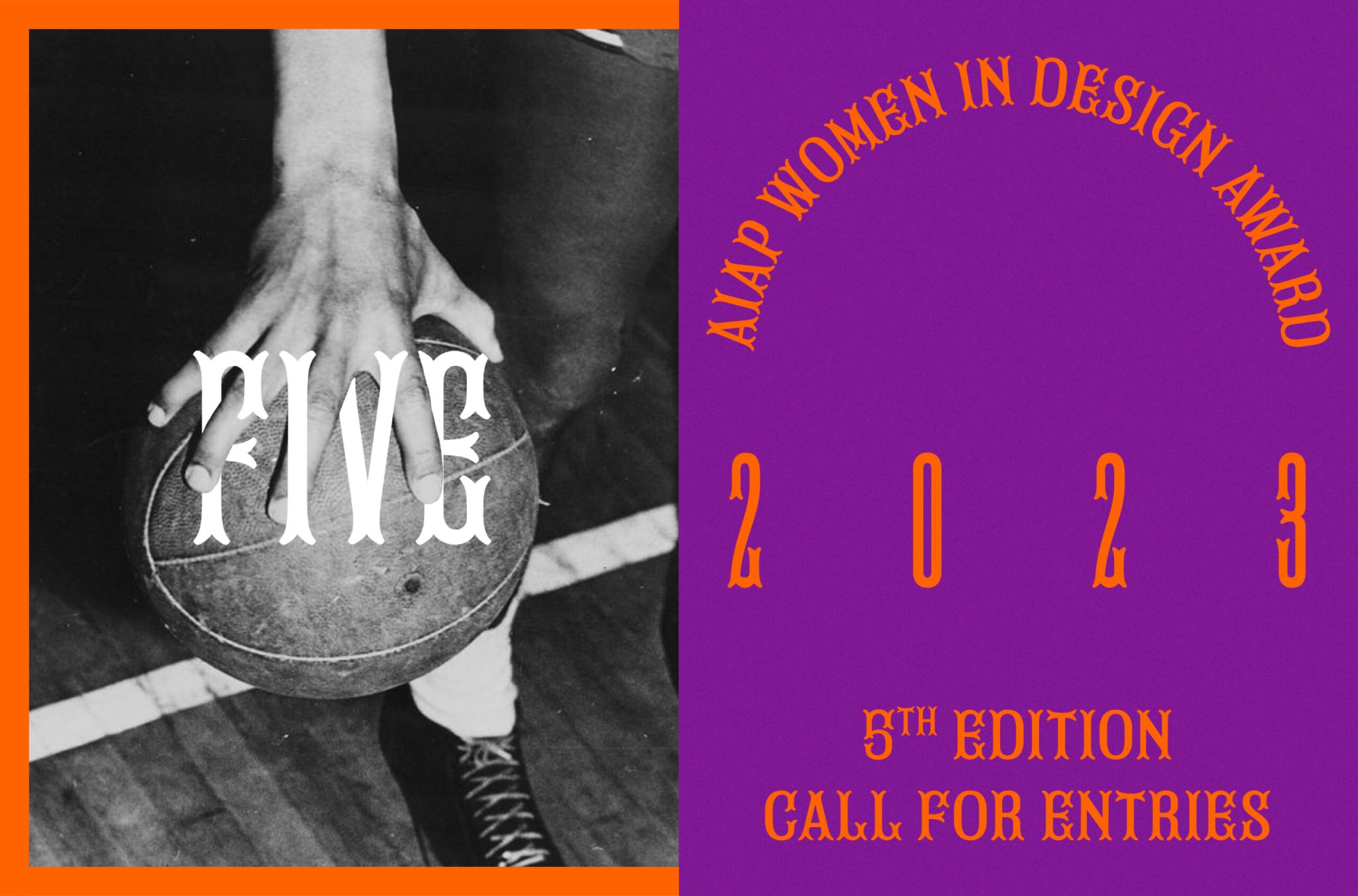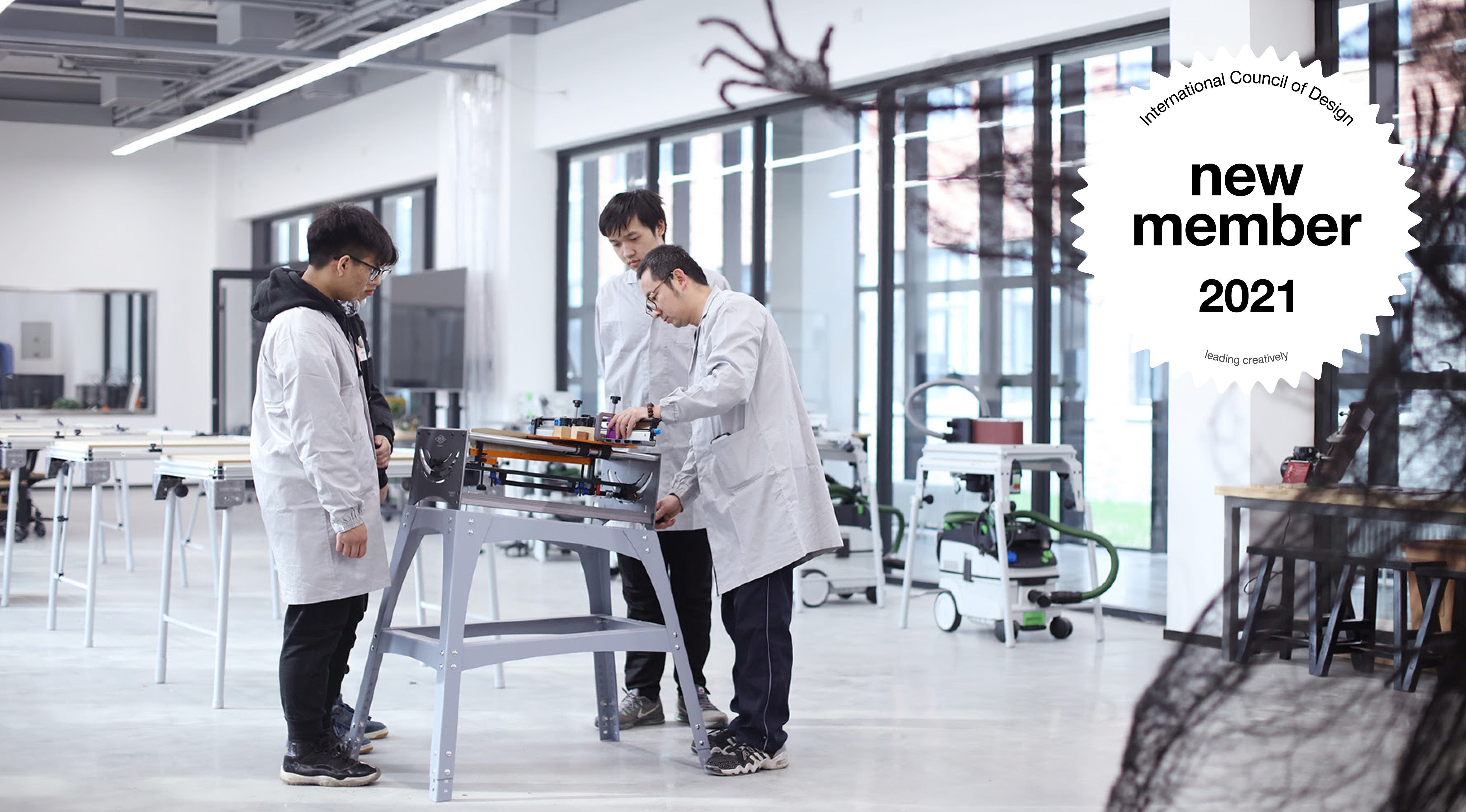FUTUREGROUND ANNOUNCES KEYNOTE ABSTRACT BY JOHN ARMSTRONG

22.10.2004 News
Melbourne (Australia) - FUTUREGROUND* has announced the second abstract in a series of three keynote speeches to be presented at the design research conference in Melbourne, Australia. In his presentation, 'The Eloquence of Silent Objects,' Dr John Armstrong (Department of Philosophy, Melbourne University) will speak on the potent but intangible concepts of function, symbol and expression as they relate to design. He will draw attention to the very different attitudes and resources people bring to their encounter with objects, and help to re-position the object as a focus of design research.
The following is a precis of John Armstrong 's keynote address:
'The eloquence of silent objects'
The cultural meaning that objects bear is an inescapable element in design - something that has to be taken into account in the design process.
Functionalism starts with the absolutely correct observation that designed objects are for use. It provides a starting point for thinking (but) the object is 'silent' - it does not speak to us.
One of the ways objects enter into - and help foster and sustain a 'form of life' - is through the 'meaning' they have. We can divorce function and wider use (which includes meaning) if we want to - but we cannot claim that in so doing we are getting closer to the heart of what an object is for.
I want to insist upon two claims: firstly, that objects do carry meaning - they are eloquent; but, on the other hand, that their eloquence is restricted; they remain 'silent objects'. They embody, rather than articulate meaning. In my keynote address I will try to show the superior status of embodied meaning (over asserted meaning) for design. However, this is in tension with (at least) three major currents of our present cultural situation - which, unfortunately reinforce one another.
Firstly, superficial public discourse necessarily pays more attention to asserted meaning. Secondly, a 'speeding up of responses' - the rapid pace of interaction - undercuts the possibility of retrieving 'embodied meaning'. Thirdly an 'allusive' ('quotational') culture - the culture of clich and the gesture of anxious group assertion - puts a premium on asserted meaning over embodied meaning.
In order to address this situation we need to reanimate and revitalise the critical vocabulary - and do so not only at a scholarly but also at a public level. These are partly philosophical projects - they are to do with clarifying meaning and developing argument. But they are also public tasks - it's hardly adequate to do such work and keep it secret.
But if we don't address this public issue - what then? Superficial excitement will win out over deeper satisfaction: hype will triumph. And the quality of our intimate engagement with objects will suffer. The slow revelation of embodied meaning is where the real work gets done; it's why quality of design matters. But that requires a surrounding culture of attention - and we need to foster that kind of engagement.
Dr John Armstrong
Department of Philosophy
Melbourne University, Australia
About FUTUREGROUND
FUTUREGROUND is an international design research conference that will cover an extensive range of topics, including human-centred design, sustainability, architecture, industrial design, engineering, philosophy, visual communication, design practice and education. The keynote speakers are: Prof. Mark Burry, Director, Spatial Information Architecture Laboratory, Royal Melbourne Institute of Technology; Dr. John Armstrong, Department of Philosophy, Melbourne University; Clive Dilnot, Parsons School of Design, New York. To date, FUTUREGROUND will present 200 papers and 8 daily parallel sessions, and represent 100 universities from 32 countries. The conference will be held 17-21 November 2004 at Monash University, Melbourne, Australia.**
A full list of speakers is available at conference website www.futureground.monash.edu.au
For further information please contact:
Futureground Conference
C/O The Meeting Planners
91-97 Islington Street Collingwood, VIC 3066
F: + 61 3 9417 0899
E: futureground@artdes.monash.edu.au
W: www.futureground.monash.edu.au
* FUTUREGROUND is endorsed by Icograda. Icograda endorsement is a guarantee that the design event complies with approved international guidelines.
**Monash University is a member of the Icograda Education Network (IEN) www.education.icograda.net
The following is a precis of John Armstrong 's keynote address:
'The eloquence of silent objects'
The cultural meaning that objects bear is an inescapable element in design - something that has to be taken into account in the design process.
Functionalism starts with the absolutely correct observation that designed objects are for use. It provides a starting point for thinking (but) the object is 'silent' - it does not speak to us.
One of the ways objects enter into - and help foster and sustain a 'form of life' - is through the 'meaning' they have. We can divorce function and wider use (which includes meaning) if we want to - but we cannot claim that in so doing we are getting closer to the heart of what an object is for.
I want to insist upon two claims: firstly, that objects do carry meaning - they are eloquent; but, on the other hand, that their eloquence is restricted; they remain 'silent objects'. They embody, rather than articulate meaning. In my keynote address I will try to show the superior status of embodied meaning (over asserted meaning) for design. However, this is in tension with (at least) three major currents of our present cultural situation - which, unfortunately reinforce one another.
Firstly, superficial public discourse necessarily pays more attention to asserted meaning. Secondly, a 'speeding up of responses' - the rapid pace of interaction - undercuts the possibility of retrieving 'embodied meaning'. Thirdly an 'allusive' ('quotational') culture - the culture of clich and the gesture of anxious group assertion - puts a premium on asserted meaning over embodied meaning.
In order to address this situation we need to reanimate and revitalise the critical vocabulary - and do so not only at a scholarly but also at a public level. These are partly philosophical projects - they are to do with clarifying meaning and developing argument. But they are also public tasks - it's hardly adequate to do such work and keep it secret.
But if we don't address this public issue - what then? Superficial excitement will win out over deeper satisfaction: hype will triumph. And the quality of our intimate engagement with objects will suffer. The slow revelation of embodied meaning is where the real work gets done; it's why quality of design matters. But that requires a surrounding culture of attention - and we need to foster that kind of engagement.
Dr John Armstrong
Department of Philosophy
Melbourne University, Australia
About FUTUREGROUND
FUTUREGROUND is an international design research conference that will cover an extensive range of topics, including human-centred design, sustainability, architecture, industrial design, engineering, philosophy, visual communication, design practice and education. The keynote speakers are: Prof. Mark Burry, Director, Spatial Information Architecture Laboratory, Royal Melbourne Institute of Technology; Dr. John Armstrong, Department of Philosophy, Melbourne University; Clive Dilnot, Parsons School of Design, New York. To date, FUTUREGROUND will present 200 papers and 8 daily parallel sessions, and represent 100 universities from 32 countries. The conference will be held 17-21 November 2004 at Monash University, Melbourne, Australia.**
A full list of speakers is available at conference website www.futureground.monash.edu.au
For further information please contact:
Futureground Conference
C/O The Meeting Planners
91-97 Islington Street Collingwood, VIC 3066
F: + 61 3 9417 0899
E: futureground@artdes.monash.edu.au
W: www.futureground.monash.edu.au
* FUTUREGROUND is endorsed by Icograda. Icograda endorsement is a guarantee that the design event complies with approved international guidelines.
**Monash University is a member of the Icograda Education Network (IEN) www.education.icograda.net

relatedarticles
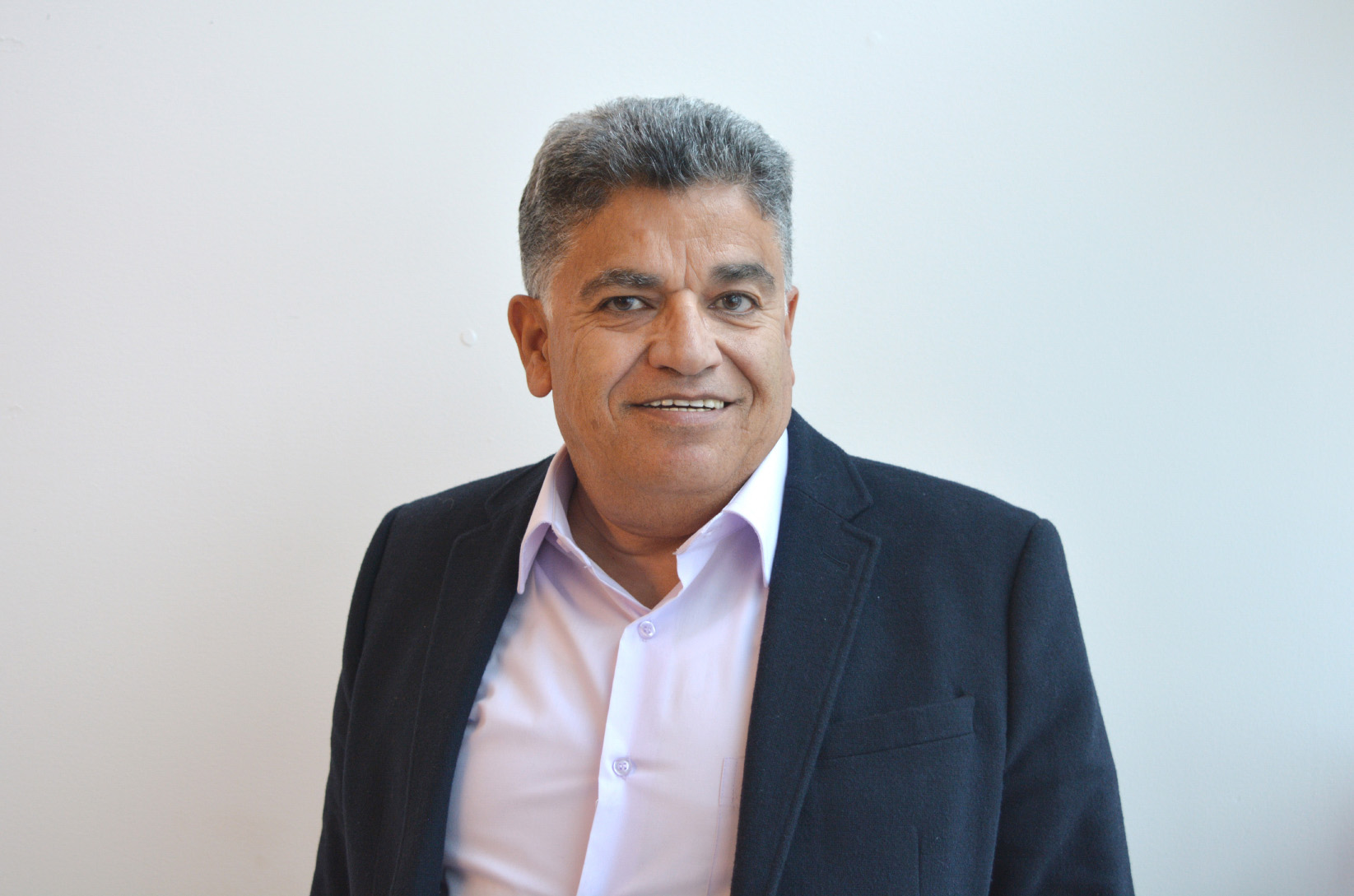
04.05.2021 News
in memoriam: essam abu awad (1958-2021)
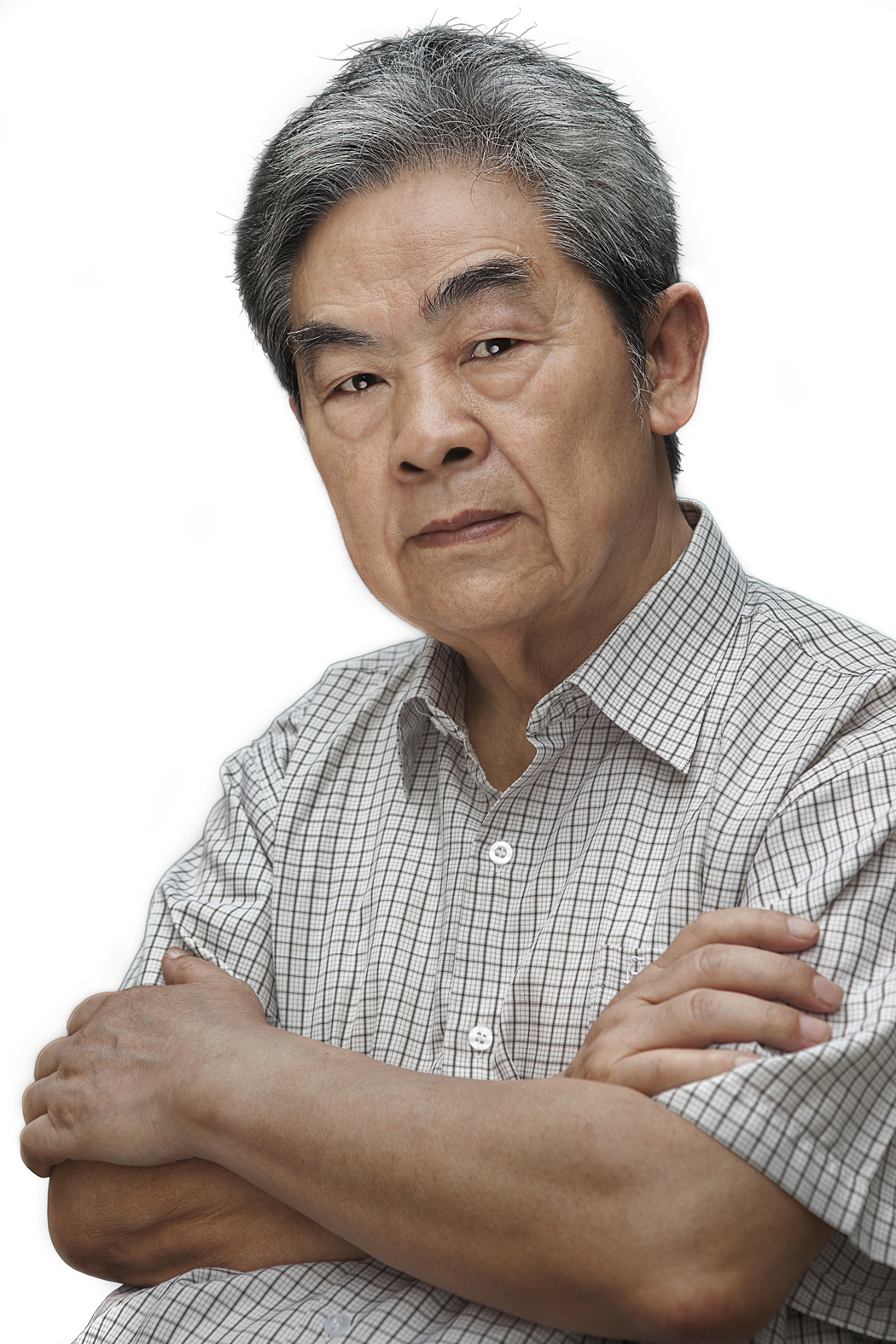
10.16.2020 News
in memoriam: yu bingnan (1933–2020)
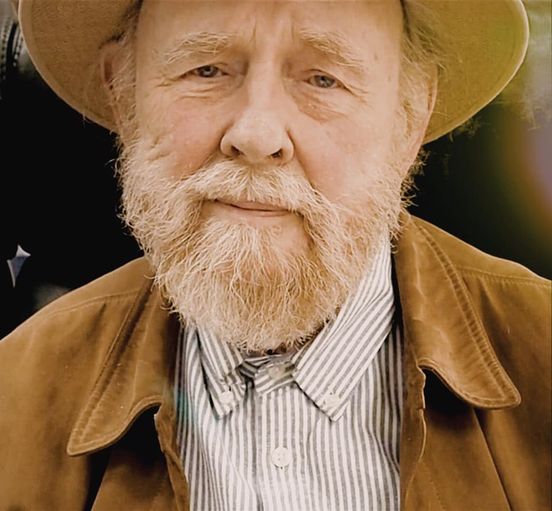
10.02.2020 News
